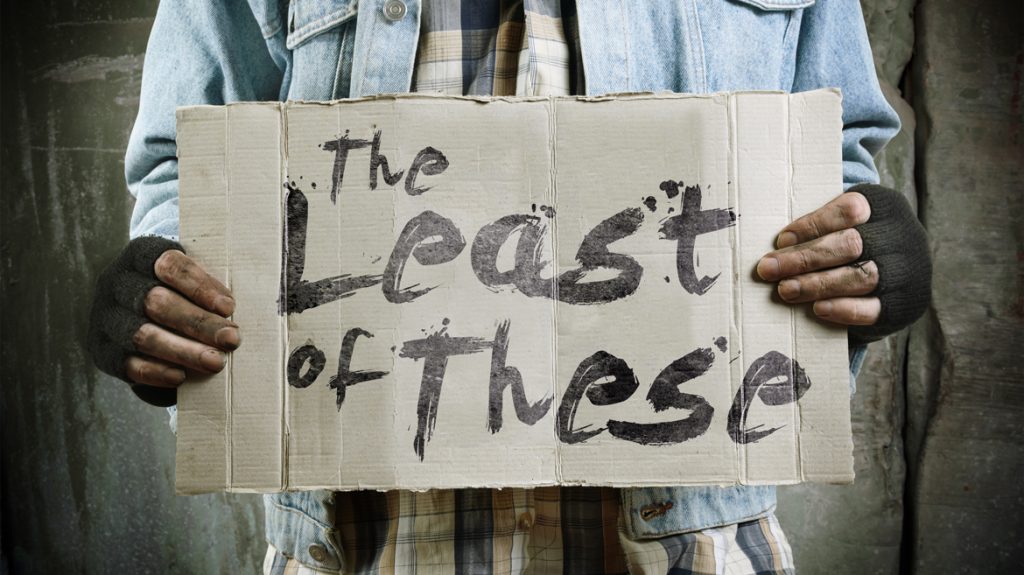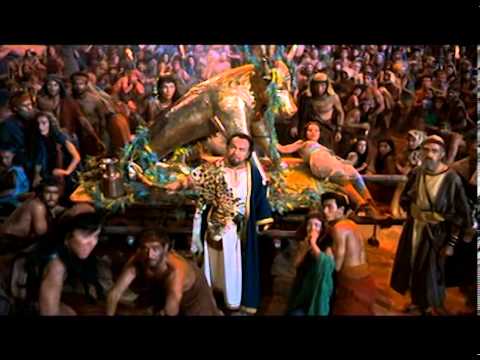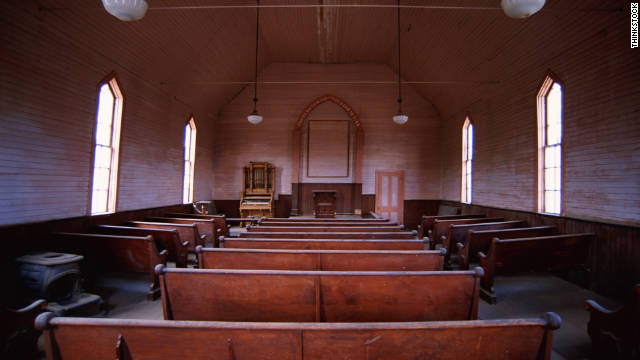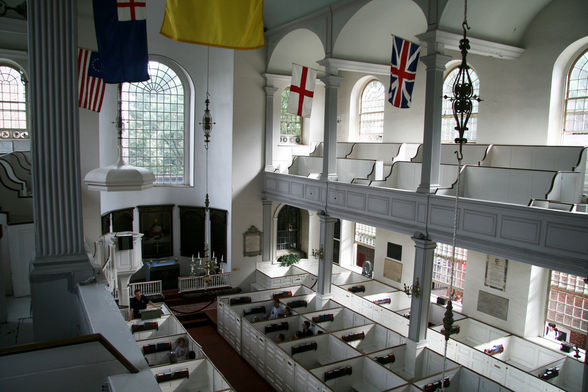
You have heard me preach about love before, well I think I mention love in almost every sermon I preach. I do this because love is central to the Gospel message. When asked what the two greatest commandants are Jesus response by saying love God and love your neighbor. He goes on to say that on these two hang all the law and the prophets. So everything then hangs on our love of God, and our love of neighbor and one feeds the other. If we love God, we have no other option but to love our neighbor. If we truly love God with our whole heart and our whole soul and our whole mind, then we have no other choice.
The chapter we heard read today from the 1st Letter of Paul to the Corinthians a letter written by Paul to the church he founded in the City of Corinth. Paul’s letters are personal and pastoral and written to real people dealing with real issues. This chapter, or parts of it anyway, are used during wedding ceremonies and thus has been reduced to love between spouses, but by doing this, we lose the intended meaning of what Paul was writing. Sure there is much in this that we can use concerning the relationship between two people but let’s take this a little deeper.
We need to set the stage here, and I would like, to begin with, verse 11:
“When I was a child, I spoke like a child, I thought like a child, I reasoned like a child; when I became an adult, I put an end to childish ways.”
I am sure we can agree that we do not talk to children the same way we talk to adults. As we get old, our capacity for learning changes and we move from the concrete to the abstract. As children our brains have not been formed enough to understand ideas from a theoretical point of view but as our minds mature our ability to think in this way changes.
Before my attending seminary, I was a school teacher. I taught primarily in the middle grades 6th, 7th, and 8th. I would occasionally teach in the elementary grades to fill in when necessary, and I did teach a year in High School. All of those grades require different teaching techniques to reach the students in front of me at the time. I cannot teach a high school student the same way I would teach a 1st-grade student. Well, I could, but neither one would learn very much.
What Paul is saying is that as children we learn stories to help us understand what we need to learn. Jesus taught with parables to illustrate his lessons, and he used language and images that they would know and understand. But as adults we have to take it farther than that past the stories we learned in Sunday school, push past those images and look for the real meaning of the Scriptures.
We do this by understanding the language and the culture of the day. You have heard me mention before that there are four words in the Greek language that mean love. In English we have, but one word and the way I like to describe that word is it is the same word for “I love hamburgers” and “I love my spouse.” Not the same thing.
We begin, and in no particular order, with the phileo, the feeling of companionship, affection, fondness or likening. This is the love that comes from our heart in response to the pleasure we get from an object or a person. It is the love that responds to kindness or appreciation.
Agape, the most common form of the word used in the New Testament, is the love that comes from the heart that comes from esteem. It is the noblest word for love in the Greek language. It is not kindled by the merit or worth of the object or person but originates in its own God-given nature. God is love. This is the love that keeps on giving even when the loved one is unresponsive, unlovable, and unworthy. This is unconditional love. It desires only the good of the one loved and is a consuming passion for the well-being of the other. This form of the word was hardly used outside of biblical writing and is used approximately 320 times in the New Testament.
Storge is the love that has its basis in one’s own nature. It is natural affection or natural obligation it is the natural movement of the soul for husband, wife, child, dog. It is a quiet abiding feeling in the soul of a person that rests on something close to us that we feel good about.
Eros the erotic form of love. A love of passion, and overmastering passion that seizes and absorbs itself into the mind. It is a love that is an emotional involvement based on body chemistry. The idea of this love is self-satisfaction, “I love you because you make me happy.” Eros looks for what it can receive and not for what it can give. It has the philosophy that to be loved one must be attractive in some way to another person.
I am sure by now you have deduced which form of the word love Paul used in this passage. Agape is the form he used, the noblest and dare I say the purest form of the word. The King James translation uses the word “charity” here rather than love, and that word works as well, but most other translations use the word love.
This is the love that comes from God and our God-given nature. In the creation story, we read that when humanity was created God breathed into his nostrils, this is the breath of life, this is our very soul, this is love. Humanity is the only part of creation that God has this intimate link with, humanity is the only part of creation to receive the breath of God, the soul, the nature of God. For the ancients, the soul was the very center of our being, our nature. In philosophical terms, this is our “ness” the very thing that makes us who we are, our humanness. But at the same time, it is an individual “ness” our Peterness our Billness if you will. We are individuals, but we are also one. In that sense we are very Trinitarian, we have separate natures, but we also share the same nature, God.
In this passage today we see three movements that are distinct but at the same time similar.
In the opening phrases of this passage Paul is saying that if we do not love we have nothing. If we do not love, unconditionally we have nothing. We can do all of the good in the world, we can speak as the prophets, we can become martyrs, but if we do not have love, it is all worthless. Remember this love is the agape form the same form used in John 3:16, “for God so loved the world that he gave his only begotten Son.” But that verse does not just end there it goes on to tell us why God did this, “so that everyone who believes in him may not perish but may have eternal life.” God loves us not matter what.
The second movement describes what love is, this is the part that is usually read during weddings. Love is patient, kind; it is not envious, jealous, boastful, arrogant, or rude. It is not irritable or resentful. It does not rejoice in wrongdoing but rejoices in truth. It bears all things, believes all things, hopes all things, endures all things. Love never ends!
So what Paul is saying here is that if we love others than we have to be patient with them, even if we disagree. We have to be kind to one another we cannot be jealous or envious of others. We cannot be boastful pointing out all the things that God has done for us or how great our lives are. We cannot be arrogant, thinking that we have all of the truth or have found the true way, and we certainly cannot be rude, a Christian should never be rude. We cannot get irritable or resentful, we do not look to get back at those who have harmed us, we seek justice, but we also seek mercy. We cannot rejoice when another stumbles but we must be there to pick them up and help them along the way. We must bear all things, hope all things and endure all things. Because in the end love never ends! The love that God has for us never ends and the love we should have for others should never end! Remember this is unconditional love.
The final movement of this passage speaks about the future and how we might not have all of the answers now but one day we will. But it also points out to us that our journey never ends on this earth we have to keep learning and striving and growing in our Christian life. Just like in verse 11 I pointed out above, Paul says when he was a child he spoke as a child and reasoned like a child, but now that he is an adult he needs to put away childish things.
We have to develop the agape love in all of our dealings, image what our world would be like if we just loved people because they are people. I have to learn this as well. I am not always tolerant of others who do not see things the way I do, and I need to work on this. What Paul has laid out for us in this passage is the ideal, the place we all should strive to get to, but we will not get there overnight. However, if we start here, in this place and we just start to love each other a little more we would start to change the world.
One of Pastor Bill’s favorite songs is “Let there be peace on earth” and the closing line of that song is “let it begin with me.” If we want the world to be more peaceful, we have to be more peaceful. If we want the world to be move loving, we have to be more loving. It all starts with us, not the government or anything else. It begins by asking God to bring us the peace that passes all understanding into our lives and our souls. There is enough hatred in this world, let’s start with some love.
And now faith, hope, and love abide, these three; and the greatest of these is love.










